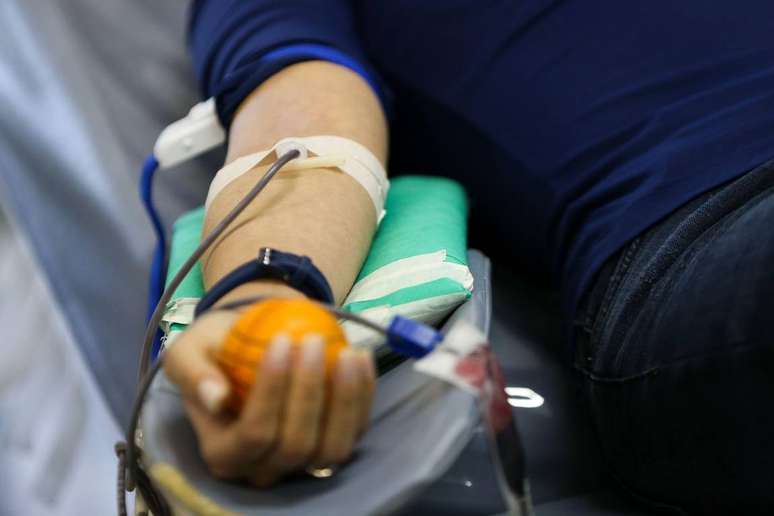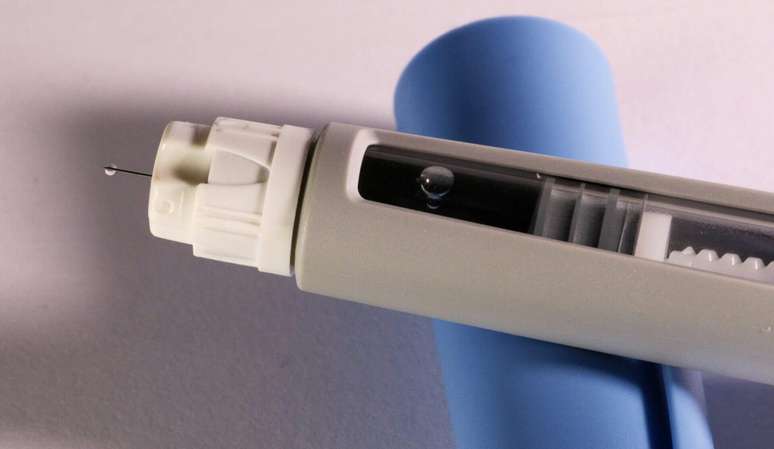Multiple myeloma can cause progressive damage to your bones, kidneys, and immune system
A treatment involving genetic modification of the body’s immune cells reduced the risk of disease progression by 74% in people with a rare type of blood canceraccording to the results of a study published on Monday 5.
html[data-range=”xlarge”] figure image img.img-1e6e7f2121c10956b098f072dc042f936ilwxto7 { width: 774px; height: 516px; }HTML[data-range=”large”] figure image img.img-1e6e7f2121c10956b098f072dc042f936ilwxto7 { width: 548px; height: 365px; }HTML[data-range=”small”] figure image img.img-1e6e7f2121c10956b098f072dc042f936ilwxto7, html[data-range=”medium”] figure image img.img-1e6e7f2121c10956b098f072dc042f936ilwxto7 { width: 564px; height: 376px; }
Ciltacabtagene autoleucel, also known by the trade name Carvykti, was tested in a clinical study involving 419 patients with multiple myeloma who were not responding to the commonly prescribed chemotherapy treatment of lenalidomide.
As lenalidomide use “has become widespread, so has the number of patients whose disease is no longer responding to treatment,” oncologist Oreofe Odejide said at the American Society of Medical Oncology’s annual meeting, where they were presented the results.
Carvykti “offers extraordinarily effective results compared to current options for patients” and “can be used safely in the early stages of treatment,” added Odejide, who was not involved in this study.
In the clinical study, half of the patients received Carvykti and the other half received a combination of drugs that are often prescribed today, including chemotherapy and steroids. “After a median follow-up of 16 months, researchers found that ciltacabtagene autoleucel reduced the risk of disease progression by 74 percent compared with standard treatments,” according to a statement.
Multiple myeloma is a blood cancer that affects a type of white blood cell called plasma cells or plasma cells and can cause progressive damage to the bones, kidneys and immune system.
The disease affects seven out of 100,000 people each year, according to the Cleveland Clinic. The risk increases with age and is more prevalent in men and people of color.
There is currently no cure for multiple myeloma, although its progress can be slowed down or stopped for a long time.
The new treatment involves extracting chimeric antigen receptor (CAR) T cells from the patient and genetically modifying them in the laboratory so that they acquire specific proteins called receptors, which can target and destroy cancer cells.
During the clinical study, the number of serious or life-threatening adverse events was slightly higher in the Carvykti group than in the non-treated group (97% versus 94%). Additionally, three-quarters of the participants experienced an immune overreaction and about 5% experienced neurotoxicity syndrome.
The researchers will continue to follow up on all of these patients to determine the long-term effects and impact of these treatments on quality of life. The clinical trial was funded by Janssen Research & Development and Legend Biotech USA. /AFP
Source: Terra
Ben Stock is a lifestyle journalist and author at Gossipify. He writes about topics such as health, wellness, travel, food and home decor. He provides practical advice and inspiration to improve well-being, keeps readers up to date with latest lifestyle news and trends, known for his engaging writing style, in-depth analysis and unique perspectives.







![Such a wonderful sun in advance: Summary of the episode on August 21, 2025 [SPOILERS] Such a wonderful sun in advance: Summary of the episode on August 21, 2025 [SPOILERS]](https://fr.web.img5.acsta.net/img/d3/05/d305bc2e988868b047486aa1f425d806.jpg)
